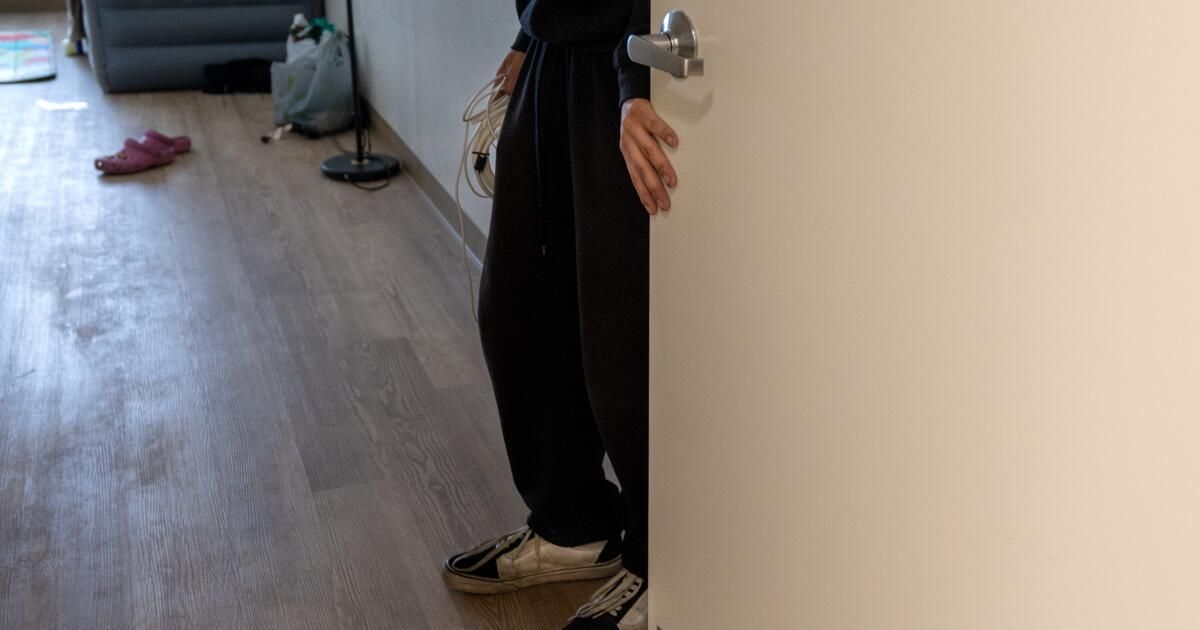To the editor: Suggesting that efforts to reduce racial disparities have been unsuccessful because of disparities in child maltreatment ignores the impact of long-standing injustices in the United States, dating back to slavery, racism, and false narratives about Black families.
The American Bar Association, through Resolution 606, acknowledges this history, linking child welfare to the long-standing surveillance and neglect of Black families.
The Los Angeles County Blind Removal Pilot Project is a testament to the lasting damage caused by slavery and racism and their ongoing impact on the child welfare system. Data from the pilot project indicated that Black parents experienced bias, and this prompted improved social work practices with an eye toward equity.
These findings are not exactly a sign of failure; in fact, they have led to further research and motivation to create change. The government must continually refine preventative solutions to ensure that no child is harmed. This is a tool to help address racial disparities affecting Black children so that all children can benefit.
Holly I. Mitchell, Los Angeles
Mitchell is Los Angeles County s2nd District Supervisor.
..
To the editor: The June 26 op-ed reinforces harmful racist stereotypes about families caught in the child welfare system and obscures harsh truths about the foster care system. Family separation causes significant traumatic harm to children and parents, but remains the primary intervention offered by the child welfare system, despite the fact that most children are in foster care due to neglect, not abuse.
There is simply no evidence that Black parents abuse their children more frequently than other parents; instead, there is evidence that Black families are more likely to be reported, investigated, and have their families disintegrate as a result of deep systemic racism and bias woven into child protection laws.
Instead of separating them, we should provide them with support and resources so they can stay together and thrive.
Sarah Katz, Philadelphia












